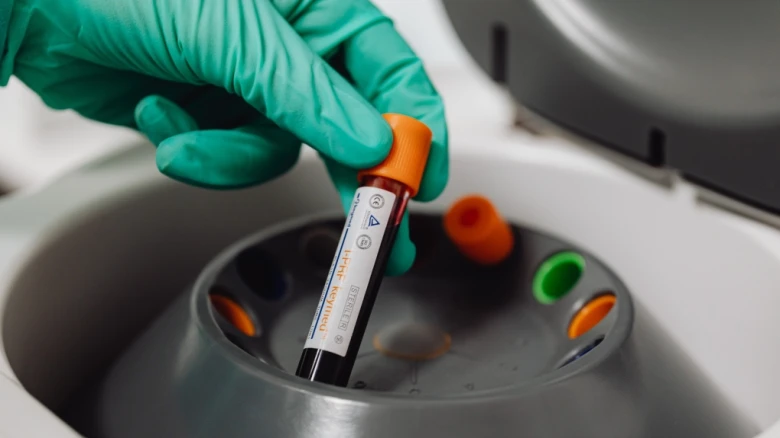Regional

There were 5,825 people who had an early-onset stroke and 9,269 people who had a late-onset stroke among those who had a stroke...
Digital Desk: Scientists have found a way to predict the risk of stroke in people based on their blood type. A team from the University of Maryland published a study in the journal Neurology that relates a person's blood type to their chance of an early stroke.
The study, which was published in the American Academy of Neurology's medical journal, examined gene variants related with blood type and incorporated all available data from genetic studies that included young adult ischemic stroke, which is caused by a blockage of blood flow to the brain.
As per Braxton D. Mitchell, the study's author from the University of Maryland School of Medicine in Baltimore, non-O blood types have previously been associated with an increased risk of early stroke. However, the study's findings revealed a stronger association between these blood types and early stroke than late stroke.
"Specifically, our meta-analysis suggests that gene variants tied to blood types A and O represent nearly all of those genetically linked with early stroke. People with these gene variants may be more likely to develop blood clots, which can lead to stroke," Braxton D. Mitchell said.
The researchers examined 48 studies on genetics and ischemic stroke from North America, Europe, and Asia. The studies included 16,927 people, ages ranging between 18 and 59, with stroke and 576,353 people who did not have a stroke. There were 5,825 people who had an early-onset stroke and 9,269 people who had a late-onset stroke among those who had stroke. Early-onset stroke was described as an ischemic stroke occurring before age 60 and late-onset stroke was older than 60.
People with an early stroke were more likely to have blood group A, while those with a late stroke or no stroke were more likely to have blood group O. People with early and late strokes were more likely to be of blood group B.
The study's limitation was the diversity of individuals, despite the fact that 35% of the participants were of non-European ancestry.
Though the work deepens our understanding of "early onset stroke development and changes."
Jennifer Juhl Majersik, University of Utah and Fellow of the American Academy of Neurology, who wrote the editorial accompanying the study said, "Future research is needed to help develop a more precise understanding of how stroke develops. This could lead to targeted preventative treatments for early-onset stroke, which could result in less disability during people's most productive years."
Leave A Comment